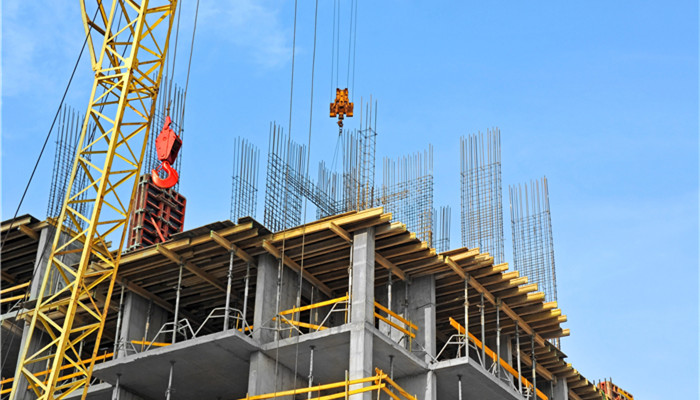
Hemp fiber can be widely used in construction, and the industrial hemp market has grown significantly
Industrial hemp refers to the original cannabis plant and its extracted products with a tetrahydrocannabinol (THC) content of less than 0.3% (dry matter weight percentage). It has no drug value. Its application fields now mainly include hemp fiber and hemp seed food. , hemp straw processing and mosaic and leaf extraction and other four major directions. Industrial Research Center issued the Global and Chinese Industry in 2023 An in-depth research report on the cannabis industry shows that the global industrial hemp market will grow from US$6.91 billion in 2023 to US$18.52 billion in 2027, with a compound annual growth rate of 21.8%.
The increase in the demand for cannabis in architectural materials has promoted the growth of the market
About 70% of the available fibers in industrial hemp are hemp fibers, which are short fibers about 0.5 mm long and account for 70%-80% of the hemp stems. Manufacturing hemp products allows producers to commercialize by-products while reducing agricultural waste produced by hemp farms. Cannabis hemp has distinct properties that can be transformed into a variety of products. Hemp fiber has excellent thermal, mechanical, acoustic and sterile properties, making it an excellent organic filler in composite materials. Hemp grass is used in construction, animal bedding, agriculture, furniture and automobiles. They are used to make hempcrete, clothing textiles, bedding, absorbents, particleboards, ceiling tiles and compost, among others.
Due to its high strength, flexibility, thermal and insulating capabilities, in the construction sector hemp fiber is used as a wood substitute in the manufacture of insulating boards and planks, as well as the main component of dense bricks for exterior and interior walls and roofs, replacing traditional brick. Ma bricks and wooden boards are waterproof, wear-resistant, heat-insulating, energy-saving and sound-insulating. Furthermore, the use of hemp fiber as a renewable material allows to retain pollution from the environment. Hempcrete. Building materials use hemp bark, hemp bark, hemp seed oil and other hemp derivatives as raw materials, and the product range includes hemp, hemp boards, hemp bricks, hemp oil finishes, etc.
Due to the increase in the vegetarian population, the increase in the preference for plant protein has increased the market growth of marijuana seeds
The growing popularity of plant-based beverages, as well as consumer awareness of the health benefits associated with cannabis consumption, has led to increased demand for cannabis beverage products. Cannabis juices, flavored waters, cannabis coffees, cannabis shakes, and cannabis teas are some of the most popular cannabis beverages. Marijuana is rich in antioxidants and cannabidiol (CBD), which has a calming effect on the body by reducing anxiety. Cannabis-infused beverages are nutritious and have a variety of benefits for the skin and heart; plus, it has a salty taste that enhances the quality of the drink. Phivida Holdings (Canada) and New Age Beverages are two companies offering cannabis-infused beverages (U.S.)
Key players in the global industrial hemp market include: American Hemp Corporation (US), Cronos Group Inc. (Canada), Ecofibre Limited (Australia), Green Thumb Industries (US), Curaleaf Holdings Inc. (US), GenCanna (US) ), HempFlax BV (Netherlands), Konoplex Group (Russia), Hemp Oil Canada (Canada), BAFA (Germany), Dun Agro Hemp Group (Netherlands), Colorado Hemp Works (USA), Canah International (Romania), South Hemp Tecno (Italy) and MH Medical Hemp GmbH (Germany).

 微信扫一扫打赏
微信扫一扫打赏

